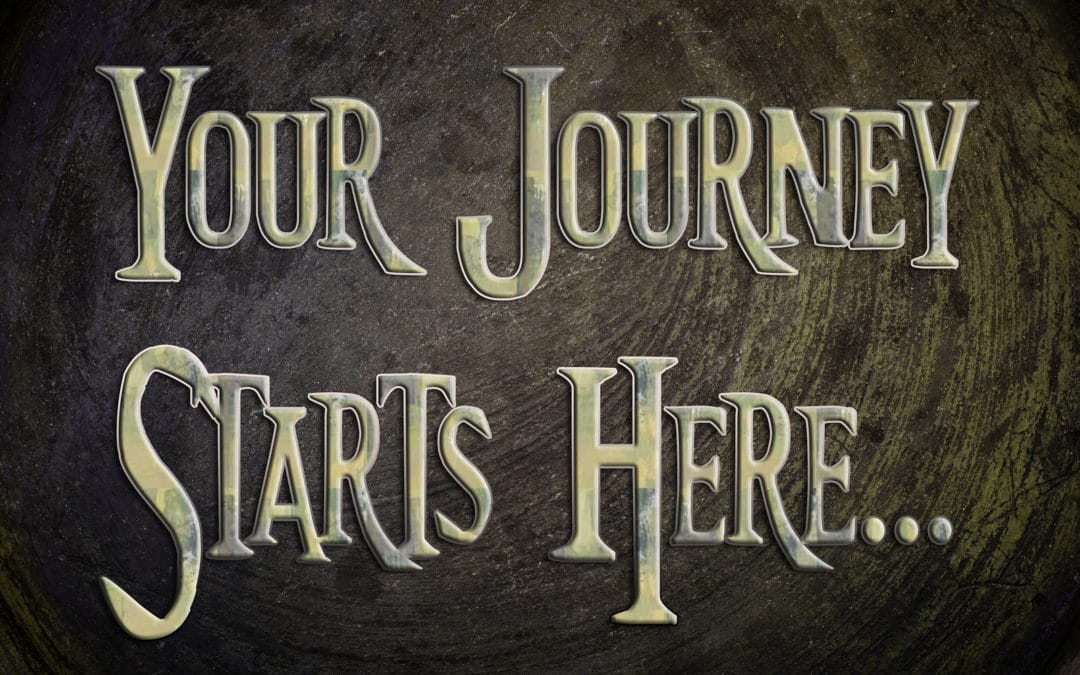Earlier today I spoke with a student from Columbia University. She is writing a term paper about my work as a federal prison consultant. As I recall, the student originally found me through this Washington Post article that covered our companies work in the College Admissions Cheating Scandal, aka, Varsity Blues Case. During our call she asked scores of questions, including how a white collar defendant can have a wonderful or productive day in federal prison camp. I liked that specific question very much–so much I decided to record the answer. After I recorded it, I had it transcribed.
With a modest edit, below you will find my answer to the question, How Do You Have Productive Days in Federal Prison Camp?
“In federal prison, I compared my daily prison routine to people I admired and respected in my community. For example, I had friends who were building businesses, who were managing their health, connecting with their families, who were watching their diet, who were improving their community. I would measure my success not by comparing myself to other prisoners, but by comparing my daily routines to people I admired and respected. So even though I was in prison, it didn’t mean that I couldn’t manage my health, or contribute to my community, or develop new skills, or try to create a new record. I had so many wonderful days in federal prison because of this approach.
What were successful people in my community doing? I would answer those questions, then create a plan.
I would wake very early, around 4:00am and I would use that time in the morning, first hour or two, to introspect, to think, to write, to get the day off to a very productive start. No different than successful people do in our country today. Then I would exercise in the morning. I would avoid problems. I would avoid drama. I would avoid nonsense. I would avoid gossip. I was focused. I knew without proper preparations from prison life on the other side would be harder than it had to be.
I was on a laser path to succeed, no different than successful people running businesses today. I avoided distractions and the federal prison hustle. Successful people avoid wasting time on Facebook during the day. They avoid wasting time on Instagram and Twitter. They work and they have a goal, an end, and they reverse engineer their way back. So most of my days in federal prison were incredibly successful or wonderful because I did the same thing. Rather than just read books, I began to produce content by way of a blog, and then through Lessons from Prison.
You’ve have asked me to identify one perfect or productive day in federal prison camp. I cannot because productive days in federal prison camp became the norm for me!
I was also fortunate to have a friend and mentor, Michael Santos, guiding me each day. He had been inside 22 years when we met. He was also one of the leaders I wanted to model. His well documented routine set the bar for what was possible for other prisoners and me.
Michael encouraged me to hold myself accountable and form a schedule that people I admired would admire. Creating daily content was a key piece of my plan.
People will still call me today and say, “Wow, I just read a blog you wrote.” I’ll say, “Well, which one?” And they’ll tell me the blog I wrote from federal prison, then I will say, “Wow, I wrote that in March of 2009.” Can you believe that? That’s 11 years ago. But it’s still valuable. Reverse engineering each day in prison was key to my productiveness. And guess what? All leaders I know and admire reverse engineer their way to success. Should I have responded differently because I was in federal prison? Of course not!
To close, life in federal prison was so productive for me because I pursued my values on a daily basis: reconciling with my family, building a new record, creating valuable content, managing my health, fitness, avoiding problems and drama and gossip in prison. And by doing that, the days flew by. Any prisoner can do it, of that I am sure.
Justin Paperny
P.S. If you would like to chat with me schedule a call here.

